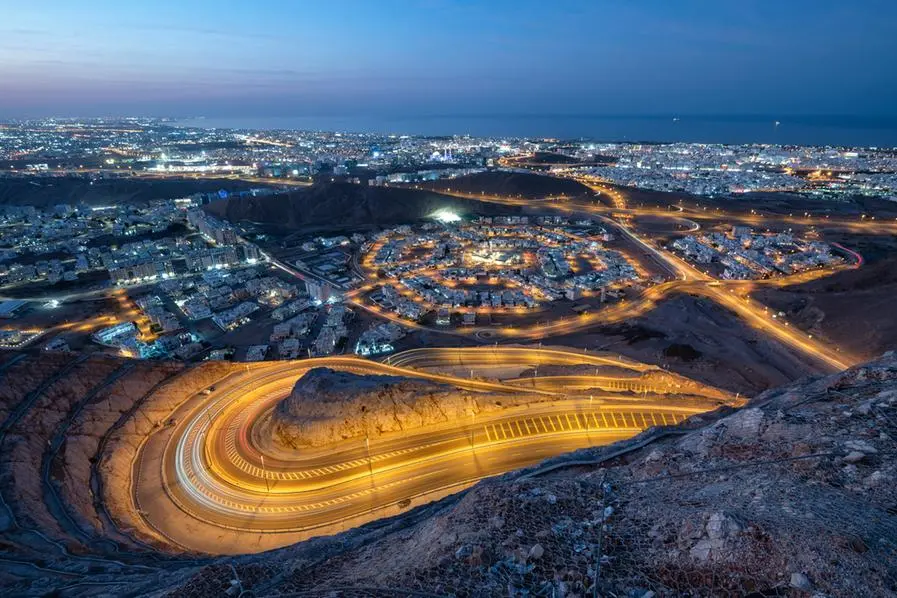PHOTO
Nizwa – Ministry of Transport, Communications and Information Technology (MTCIT), represented by the Roads Department in Dakhliyah, has launched a pilot project applying microsurfacing technology to maintain a section of the Bidbid-Nizwa dual carriageway.
This marks the first time the technology is being applied to roads in the sultanate. Microsurfacing involves adding a material that fills small gaps, treats cracks and depressions, and creates a new insulating layer. This process helps level the road surface and maintain its condition, while extending lifespan and enhancing its sustainability and suitability for use.
Salim bin Hamad al Junaibi, Director of Roads Department in Dakhliyah, informed that the trial project aligns with MTCIT’s strategy to adopt and implement modern technologies to improve road quality. In the pilot phase, microsurfacing technology has been applied to approximately 300m of the Bidbid-Nizwa dual carriageway.
According to Junaibi, the testing and evaluation phase of the microsurfacing project is currently underway. “If successful, the technology could be expanded for use in other road maintenance projects across the sultanate.”
He added that microsurfacing offers several advantages, including easier implementation and lower costs. Unlike traditional methods that require the removal of existing asphalt layers, microsurfacing involves applying a material made of polymer-modified emulsified asphalt, mineral aggregate, water and additives.
One of the key benefits of microsurfacing, according to Junaibi, is elimination of the need for heavy equipment to remove and replace asphalt layers. Instead, the material is applied using a specialised machine that precisely targets gaps and cracks in the road. The process is also much faster allowing the road to be reopened within hours of applying the microsurfacing material.
© Apex Press and Publishing Provided by SyndiGate Media Inc. (Syndigate.info).




















